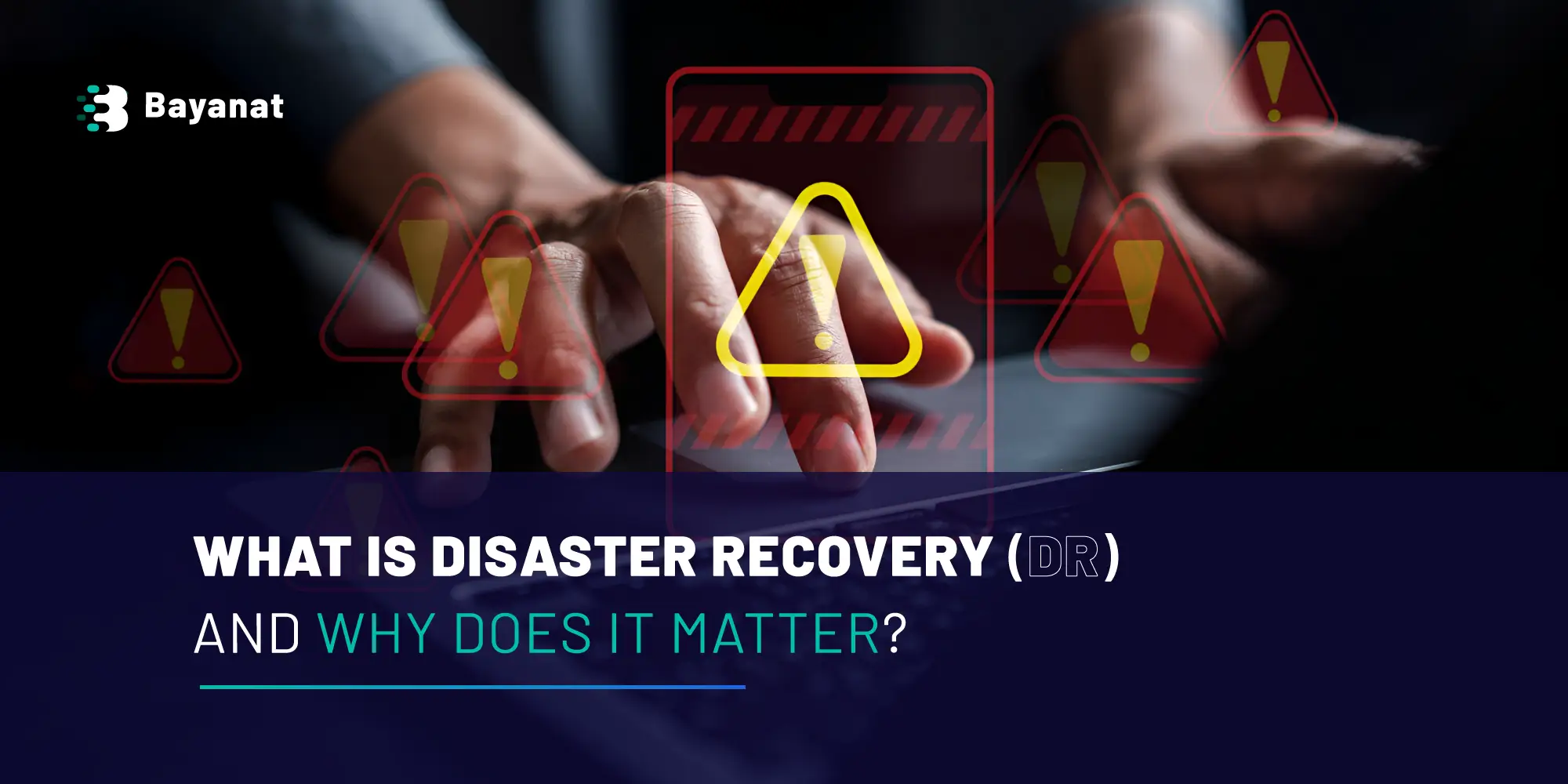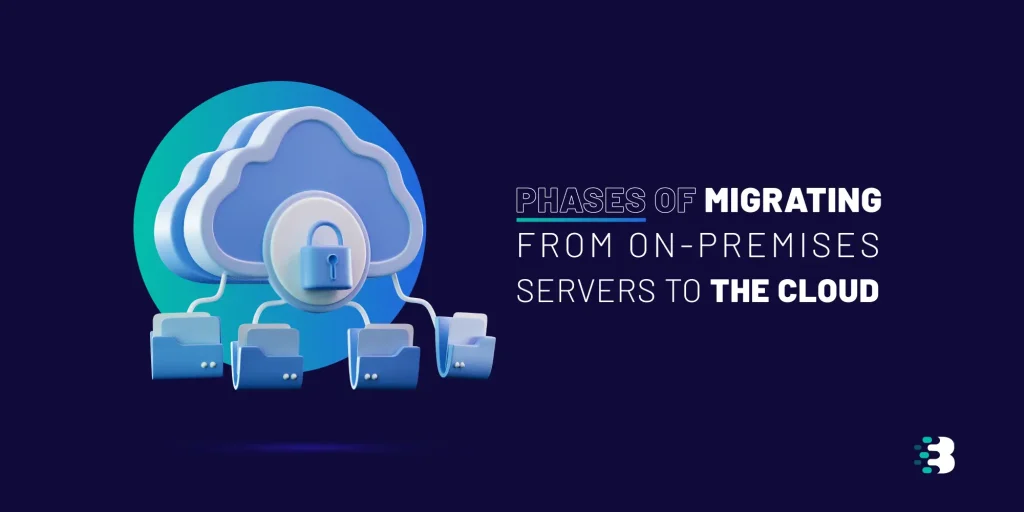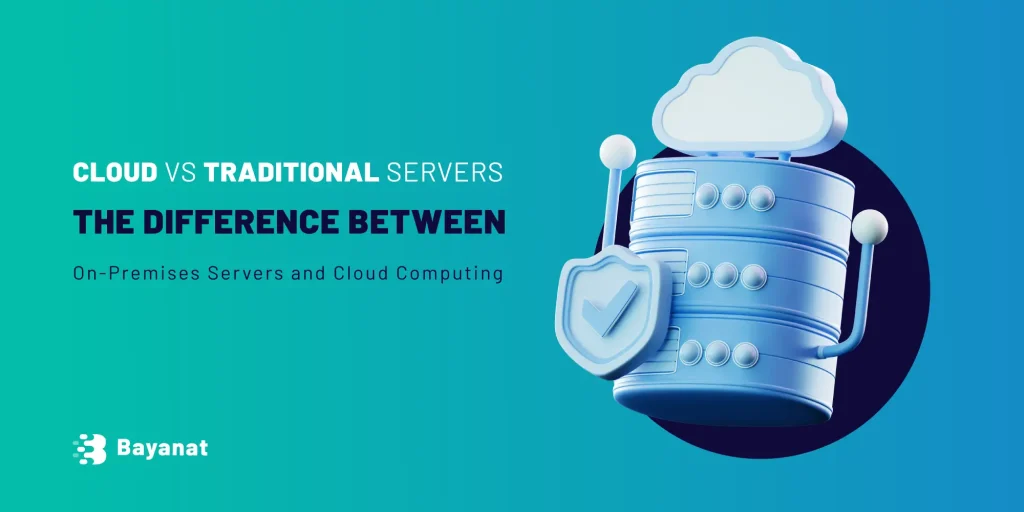What is Disaster Recovery (DR) and Why Does It Matter?
In today’s digital-first world, the question isn’t if a disruption will happen — it’s when. Whether caused by human error, cyberattacks, hardware failure, or natural disasters, downtime is inevitable. That’s where Disaster Recovery (DR) comes in.
What is Disaster Recovery?
Disaster Recovery refers to a set of policies, tools, and procedures designed to restore critical IT systems and data after a disruption. The goal is to ensure minimal downtime and data loss so business operations can resume quickly and efficiently.
Why is DR Important?
- Minimize business downtime and financial losses
- Maintain customer trust and brand reputation
- Ensure compliance with legal and industry standards
- Enable business continuity under any circumstance
Key Components of an Effective DR Plan:
- Business Impact Analysis (BIA) Identify the most critical systems and data that must be restored first.
- Recovery Objectives (RTO & RPO)
- RTO (Recovery Time Objective): How quickly must services be restored?
- RPO (Recovery Point Objective): How much data loss is acceptable?
- Disaster Recovery Infrastructure Use of backup data centers, cloud replication, hot/warm/cold sites, or hybrid approaches.
- Detailed Runbooks & Playbooks Step-by-step recovery guides for IT teams to follow under pressure.
- Testing & Drills DR plans are only effective when tested regularly. Simulation = readiness.
Tools & Technologies for DR
- Cloud-based solutions: AWS Elastic Disaster Recovery, Azure Site Recovery
- Backup tools: Veeam, Commvault, Acronis
- Replication platforms: Zerto, Rubrik
- Virtualization and container strategies for rapid environment restoration
Final Thoughts
Disaster Recovery isn’t just an IT concern — it’s a business imperative. Investing in a solid DR strategy today means your organization can survive and recover from tomorrow’s worst-case scenario.
Is your business DR-ready? If not, now is the time to start.






